Airing Your Social Stances Can Make Or Break How Many Dates You Get, According To Tinder
From fervent activism to having a general knowledge of the civic process, it turns out that politics is increasingly altering the dating scene.
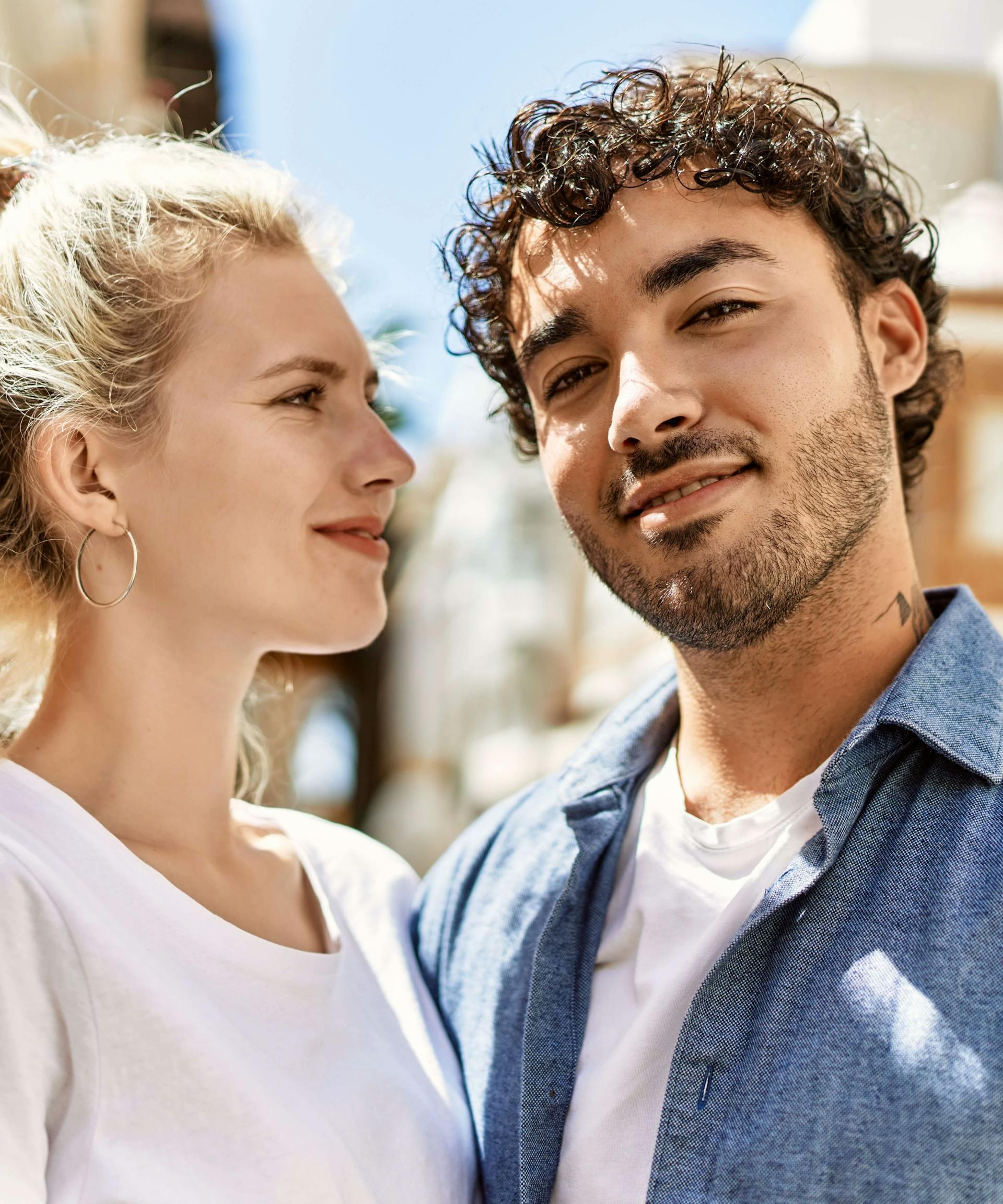
Hey, I get it! If you’re passionate about something, it’s hard to keep that enthusiasm concealed – especially if you’re opening up your heart to a stranger with the intention of dating and maybe even marriage eventually. Last I recalled, however, the taboos you typically don’t speak of at the dinner table are politics and religion, so it was intriguing to see that, in Tinder’s recent “Year in Swipe” review, the dating app company revealed that going public with your social stances can either make or break your match.
75% of singles reported wanting a match who is either respectful of their social issues or they themselves are personally invested in social issues. Tinder also found that 53% of respondents thought regular voting makes their match more attractive, and 47% even went as far as to say that if their match doesn’t vote, it’s a deal breaker. Furthermore, Tinder bios are now more representative of social activism, with the appearance of the topic in bios increasing by 84% this year alone! But has this always been the case, or are politics seeping further into every aspect of our lives, including our romantic relationships?
This Shouldn’t Take You by Surprise, but It’s Getting Worse
Researchers have been analyzing how voting dissimilarity can impact a romantic relationship for quite some time now, but with Tinder’s newly released data, it appears that the trend toward polarization is only getting worse. Data from Pew Research in 2018 demonstrated that 77% of married or cohabiting partners were politically aligned. The term tossed around in academia is “political homophily,” meaning that people form relationships with people who have similar political characteristics, and has actually been found just as impactful as educational homophily.
Simply belonging to a particular political party isn’t always the deciding factor, however, as research suggests that a shared level of political engagement is more meaningful in dating than ideological predispositions. Think about it, if you’re civically engaged and it really gets under your skin when people are quick to complain yet choose not to vote, you might inadvertently feel like that person is failing a duty of their citizenship. Now, with political engagement hitting the mainstream (I mean, what other time in history could you tweet at a Senator? And then they tweet back at you?), it’s near impossible to avoid politics, no matter how hard a person tries.
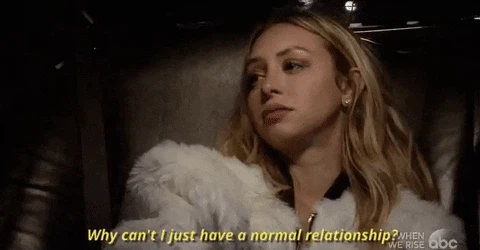
So, we live in a time when Democrats and Republicans are genuinely more hostile toward one another, and voter turnout among younger generations is trending upwards. This has been an incremental shift in societal norms. After the 2016 election, OkCupid reported that political terms increased by 64% in users’ profiles. Then, in 2017, eHarmony released data sharing that over half of their users’ profile bios mentioned President Trump, whether negative or positive. Match shared that only one-third of users in the past thought it was impossible to date someone with opposing political views, but once 2020 rolled around, that number jumped to over half of all users.
Match’s most recent “Singles in America” report corroborates Tinder’s recent findings, with over half saying knowledge of their partner’s political views is more important than ever before, and over one-quarter don’t want a partner who isn’t registered to vote. The verdict is in: Voting is sexy!
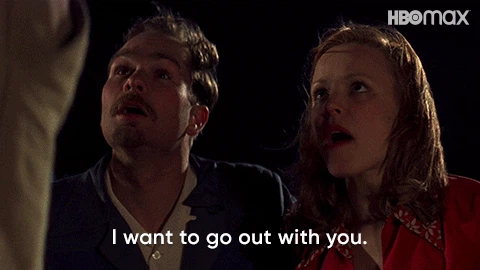
Which Issues Are the Most Polarizing in Dating?
As mentioned, three-quarters of Tinder users were looking for matches who were at least respectful of, if not personally invested in, social issues themselves. Tinder reported that the Ukrainian flag emoji was used so frequently in bios this past year that it ended up in the app’s top trending emojis at one point. That said, domestic political issues played a major part in users’ bios as well this year because of the recent midterm election cycle; topics such as reproductive rights (43%), gun policies (42%), and education (42%) were among the trending interests.
Not only does this track with prior research, but it takes the polarization a step further. Abortion has always been a spicy topic between men and women. However, past data indicated that the abortion issue is only relevant in dating to 29% of women and 20% of men, regardless of political party affiliation. Overall, 24% of Americans used to say they couldn’t date someone who doesn’t reveal their stance on abortion. Fair enough – if you end up pregnant with your Tinder date’s baby, you probably want to make sure you’re on the same page about keeping the baby or if he’s cool with killing it.
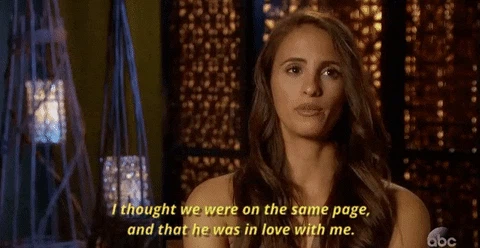
Is It Even Possible To Date (and Marry!) across Party Lines Anymore?
Once I witnessed Kanye West (now Ye) publicly coming out on the opposite end of the political spectrum from Kim Kardashian, I figured their marriage would get a bit rocky. Ye had called Planned Parenthood the “devil’s work,” while Kardashian had been in support of it. Nevertheless, their marriage persisted…for a short bit of time. Whether they divorced ultimately due to political differences, Ye’s alleged mental state, or any number of reasons, we’ll just never know for certain.
If KimYe couldn’t survive spars over political ideology, who can? Well, it might not be such a bad thing to weed out a potential partner if you know their political preferences ahead of time. Researchers have found that Republican voters have higher relationship adjustment and commitment in dating and marriage than Democrat voters, affirming rumors that those who are politically conservative typically have better relationship quality. Want a committed beau and don’t want to waste time? Knowing their politics could be indicative of whether or not your relationship will last.
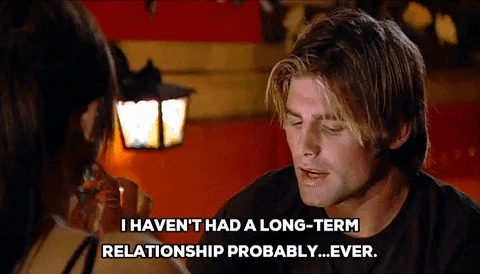
That said, it’s impossible to find a man who you’ll agree with 100% of the time. You should actually air your political grievances earlier on because you’ll glean multiple, important insights into your future with this man! You get to test out conflict management in the instances you have opposing viewpoints, you’ll better understand how agreeable each of you is, and neither of you will have to bottle up your innermost feelings, only for your beliefs to arise later on and cause tension within an already established relationship. Don’t believe me? Match actually did a survey that indicates that heated political discussions on the first date increase your odds of snagging a second date by 91%.
I will warn you that you shouldn’t be belligerent, however. As mentioned before, you won’t be perfectly aligned with your man on everything in life. Relationship experts have shared tips and tricks on how to identify common ground, find mutual respect, and look past less important differences. Ask yourself honestly, which are the hills worth dying on and which topics won’t actually impact your day-to-day relationship?
A few other pointers that author Tania Isreal penned on how to connect across political divides include not shaming the other person, not giving them an infodump of your counterarguments to their beliefs, and asking questions that are less interrogative and are instead geared toward promoting critical thinking.
When my husband and I were dating, we couldn’t have been deeper political opposites on paper. Despite being an activist, I was civically naïve and didn’t have a good grasp on how government policies actually worked. Instead of shutting me down when I would tell him that I didn’t like capitalism because I hated the idea of companies being able to play by their own rules and not be held accountable, he asked me how socialism would be any better if the government plays by its own rules and isn’t held accountable.
Through heated discussions walking to the car after a Disneyland date, he calmly and rationally explained that capitalism offers choices, competition, and freedom, all areas of common ground that I thought I had sorted, but just wildly misunderstood. Because he asked me questions that caused me to think critically about what I thought were my beliefs, I ended up discovering I was actually much more conservative than I thought and, ultimately, flipped political parties.
Overwhelmed by Mainstream Dating? You’re Not Alone
The intersection of politics and romance is a double-edged sword; you can really weed out the ones you don’t want to waste time on, yet you also might be passed up by someone you thought you vibed with, but they couldn’t look past your differences. It’s not dissimilar from how your political views play a major role in your workplace, whether the hiring managers will admit to it or not.
There are two trends I’ve seen emerge during this period of escalating political polarization: politically-driven apps and modern matchmaking.
A few years back, Bumble actually added in a new feature to filter out matches based on things like political ideology, astrological sign, and general lifestyle preferences. Party-specific apps go a step further and serve as the political answer to belief-based dating apps of yore like ChristianMingle.
If the cattiness of Tinder users has you totally turned off from the app scene, there are other safe options like matchmaking. Yep, perhaps you should leave the algorithm behind entirely and let the human touch have a say in who you should be set up with! Software developers have actually been crafting an app driven by AI but guided by human matchmakers called Keeper. According to their website, one of their guiding principles is that “casual dating apps only satisfy short-term instant gratification, the empty calories of relationships.” Keeper isn’t quiet about how their founders are concerned about declining birth rates. As such, they created an alternative to pair “family-conscious” people together with the human touch, one match at a time, and with a full review process to eliminate ghosting.
When I asked Keeper co-founder Indian Bronson how his app navigates politics, he shared that, above all else, Keeper first asks users how important politics are to them. Then, they dive into asking users about their political views and beliefs.
“Many people have very little to say. Some people give some detail. A few have book-length answers,” he shared.
While traditional matchmaking would certainly be a safe method for finding political homophily between partners, I was curious if Keeper’s joint algorithm and human format of matchmaking would elicit the best long-term results. Bronson believes it does.
“Our promise to users is to only make introductions to someone who meets all of your standards – this cuts both ways. So if that includes politics, then it includes politics; if it doesn't, it doesn't. Similarly to Jonathan Haidt's research, I think peoples' politics come from innate (not the same as 'fixed') foundations far deeper and further beyond candidates, issues, or parties. It's more like 'moral instinct’,” he stated.
Closing Thoughts
Well, the old adage that opposites attract might have run true in different times, but in modern society, it would appear that opposites repel one another. For better or for worse, making your political preferences public on your dating app profile has a significant impact on your own dateability.
As society leans into hyper-politicization, finding your beau through conventional methods might not cut it anymore. From wearing your beliefs on your proverbial sleeve, to using purposeful political filters on mainstream apps, to making the swap to niche ideology-based apps, to reviving traditional and not-so-traditional matchmaking, it would appear that your dating options are actually much more varied now than ever before!
Don’t miss anything! Sign up for our weekly newsletter and get curated content weekly!